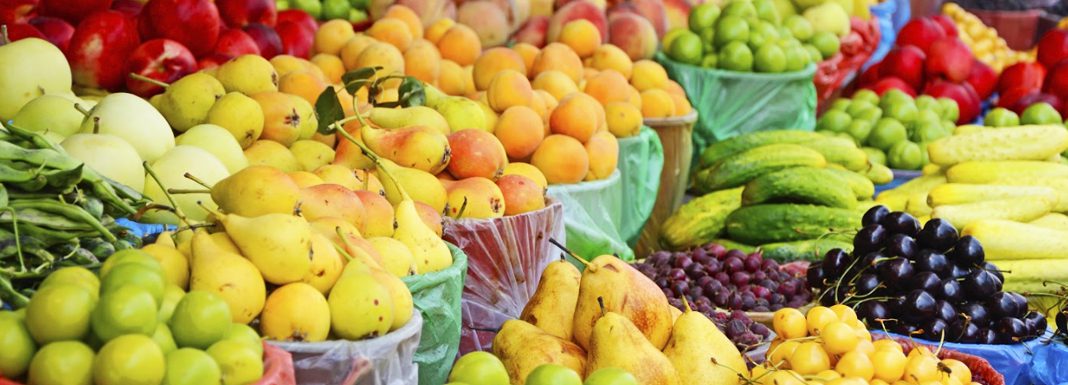A study from McMaster University reported in the British Medical Journal showed that saturated fat is not associated with increased risk for arteriosclerosis (BMJ, August 11, 2015). The U.S. government-commissioned Scientific Report of the 2015 Dietary Guidelines Advisory Committee states that dietary saturated fat and dietary cholesterol are no longer considered to be major risk factors for heart attacks. The meat, dairy and egg interest groups are using these reports to try to convince you that you can now eat as much of their products as you like.
However, there is still a huge amount of data associating red meat and processed meats with increased risk for heart attacks and certain cancers (Arch Intern Med, 2012 Apr 9;172(7):555-63). The International Agency for Research on Cancer of the World Health Organization is expected to issue its report in October 2015, identifying the connection between red meats and processed meats and cancer. Since it appears that the saturated fat and cholesterol found in meat are not to blame, we need to look for other causes.
TMAO May Explain the Risk in Eating Red Meat, Eggs or Milk
Red meat, eggs and milk contain lecithin, and lecithin is broken down into another chemical called choline. Your intestinal bacteria use choline as a source for their energy and then release a breakdown product called TMAO (trimethylamine oxide). People with high amounts of TMAO appear to have increased risk for heart attacks. Multiple animal studies show that TMAO punches holes in arteries. The holes bleed, clot and then start to form plaques which can eventually cause strokes and heart attacks. Researchers at the Cleveland Clinic have shown that TMAO increases the formation of plaques in human arteries (Nature Medicine, April 7, 2013). They also showed that in more than 4,000 patients who had had heart catheterizations, those with the highest TMAO levels had the highest rate of heart attacks, strokes, and dying over the next three years.
The Cleveland Clinic group showed that two minutes after eating two hard-boiled eggs, people develop a high rise in blood TMAO levels because lecithin in eggs is converted to TMAO very quickly (N Engl J Med, April 25, 2013; 368:1575-1584). They also proved that the intestinal bacteria produced the TMAO by showing that giving antibiotics to people and animals before they ate an egg prevented the TMAO from being formed.
Now a new study shows that people with kidney damage are at high risk for heart attacks and strokes, and the higher their blood levels of TMAO, the greater the risk (Journal of the American Society of Nephrology, July 30, 2015). The more arteriosclerosis and kidney and heart artery damage they have, the more likely they were to die, and the more abnormal their kidney function tests. After receiving someone else’s kidneys, people in kidney failure had much lower TMAO levels.
High levels of TMAO also have been shown to raise blood pressure (Canadian Journal of Cardiology, December 2014;30(12):1700–1705). Vegetarians and vegans have much lower concentrations of blood TMAO than meat eaters (Nat Med, 2013;19:576-585). Also see Research on TMAO
Data on Eggs
A review of 17 studies failed to show increased risk for heart attacks in people who eat eggs (British Medical Journal, January 2013). However, regular egg eaters who are diabetic suffered 150 percent more heart attacks than diabetics who ate eggs sporadically. Ultrasound tests showed that people who eat more than three eggs a week have increased plaques in their arteries compared to those who ate two or fewer eggs a week, even after other risks such as smoking were ruled out (Atherosclerosis, 2012 Oct;224(2):469-73). The more eggs a person ate, the greater the formation of plaques. The same authors showed that smoking increased plaque formation in the same way.
Data on Milk
Drinking milk has been associated with increased risk for heart attacks and strokes (JAMA Pediatrics, July 2013). The component in milk that appears to cause harm is the sugar called galactose. Whole milk, skim milk and other non-fermented milk products contain galactose. Fermenting milk breaks down galactose, so fermented dairy foods such as yogurt and cheese do not contain galactose and therefore appear to be more healthful. All sugars can cause cell damage, and nobody really knows if galactose is more harmful than other sugars. At this time we do not have a plausible explanation for increased harm from galactose.
My Recommendations
I believe that you should limit food sources of lecithin and choline: red meat, processed meats, eggs and dairy products. Avoid sports supplements or dietary supplements that contain these ingredients, as well as carnatine or creatinine, which also lead to production of TMAO.
Checked 7/13/19


